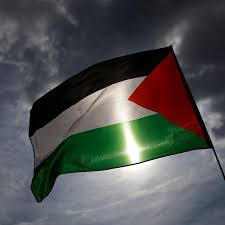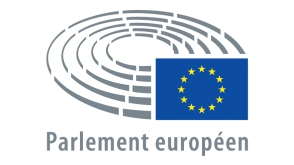
While national politics can be slow or divided, local governments are acting quickly – using the tools they have to deliver aid, promote peace and stand up for human rights.
Cities like Lyon (€50,000), Helsinki (€350,000), Oslo ( NOK 5 million), and Bordeaux (€20,000) have released emergency funds to support organisations like the UN, Médecins Sans Frontières, and the Red Cross. Brussels coordinated the collection of over 700 tonnes of relief goods. These aren’t just symbolic gestures – they’re examples of how municipal budgets and logistics can be mobilised for real impact.
Some cities are also changing the way they do business. Ghent introduced an ethical procurement clause to avoid working with companies profiting from the occupation – and in 2025, expanded this policy across city-affiliated institutions. Pesaro and Bologna adopted similar rules, and Liverpool passed a motion supporting a ceasefire and long-term peace efforts.
Symbolic actions are part of the response too: cities like Utrecht, The Hague, and Rome have lowered flags, displayed Palestinians flags, or hosted interfaith events to show solidarity and promote understanding. In Nantes, a large painted Palestinian flag oon a city staircase was left in place as a sign of support, despite political controversy.
Mayors have also taken the lead publicly. In London, Florence, Naples, and Genoa, city leaders have spoken out or joined peace marches, using their platforms to push for humanitarian corridors and stonger international responses.
Together, these actions show that cities can turn values into real-world support – not just through statements, but through budgets, policies, public space, and local leadership. In a time of crisis, they’re proving that solidarity can be structured, visible and immediate.
More Information

